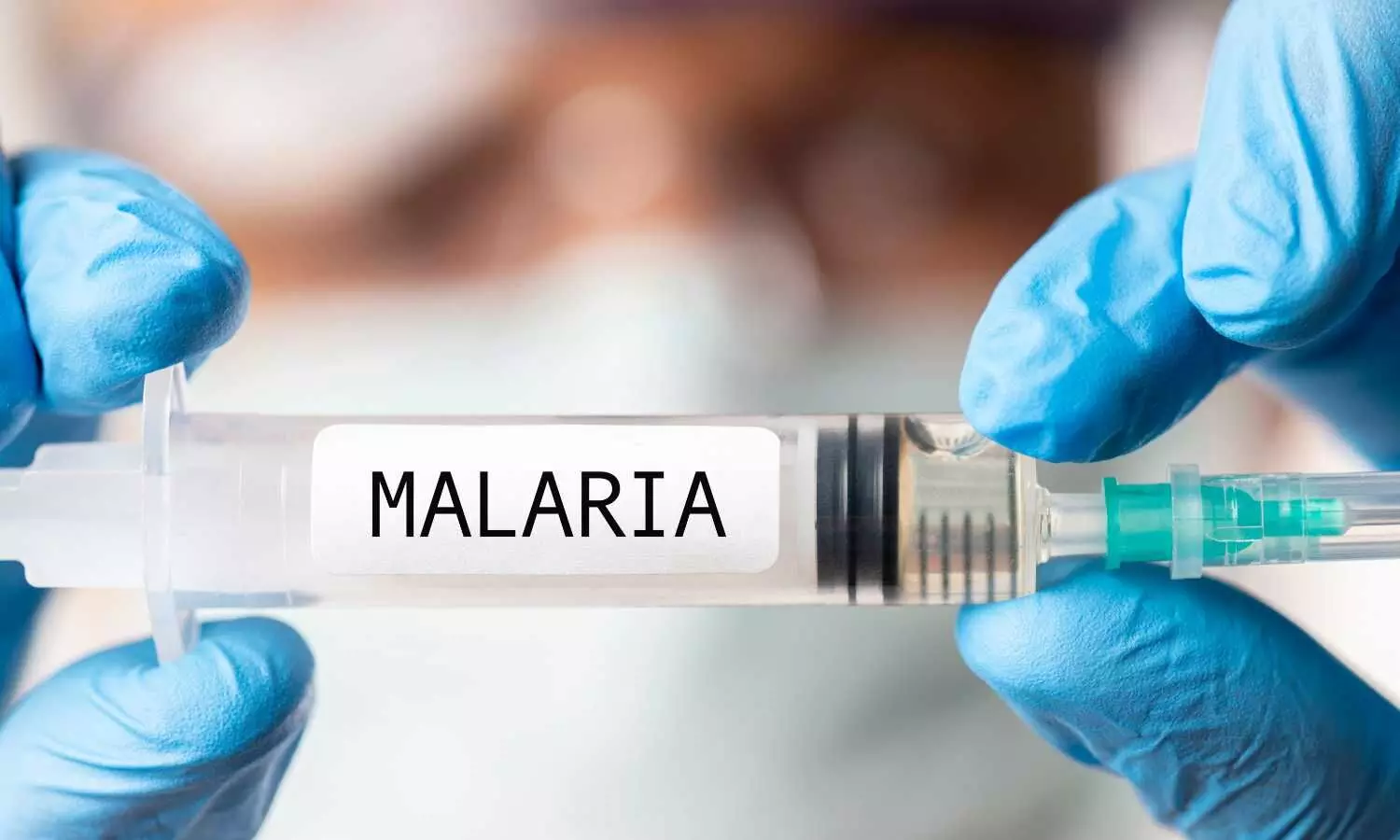
BREAKTHROUGH: Another malaria vaccine shows promise

In a significant development, Ifakara scientists in Tanzania are making strides in the fight against malaria with the new vaccine named “ChAd63-MVA RH5”. Supported by funding from the Medical Research Council in London, UK, this vaccine shows promise, particularly in protecting children against the notorious parasite.
Age-dependent immune responses
Between 12th April and 25th October 2018, a total of 63 adults, children, and infants residing in Bagamoyo, Tanzania, who had tested negative for malaria in their blood film at screening, were recruited and primed for the ChAd63-MVA RH5 vaccine study. Out of these, 60 participants were successfully boosted and all completed six months of follow-up post-priming vaccination. The results revealed distinct immune responses based on age.
The vaccine prompted different immune responses based on age: adults had strong responses, especially after the booster, while children and infants showed higher anti-RH5 antibodies in their blood, with infants responding the most to the booster, offering a promising avenue for further research. The vaccine generated functional antibodies that effectively inhibited the malaria parasite, especially in infants.
Now scientists believe this breakthrough is a significant step toward reducing transmission by targeting the blood-stage of the parasite's life cycle.
Further research is needed
While the vaccine's efficacy is encouraging, challenges remain. Long-term protection and age-related differences in immune responses are areas that require further investigation. Nevertheless, this vaccine represents a beacon of hope in the ongoing battle against malaria.
In summary, scientists call for further field efficacy trials, aiming to confirm whether these powerful antibodies can effectively protect against clinical malaria. This marks a promising step forward in the fight against this deadly disease.
Ifakara's contribution in further malaria vaccine studies
Two years ago, the World Health Organization (WHO) endorsed for use and inclusion in immunization programs in endemic countries a groundbreaking malaria vaccine named “RTS,S” after years of research which Ifakara scientists had greatly contributed.
>> More about the RTS,S vaccine: https://www.ihi.or.tz/our-news/45/breakthrough-ifakara-part-of-groundbreaking-malaria-vaccine-recommended-by-who/
There is on going work on R21 vaccine. In October 2021, Ifakara Health Institute researchers administered the first doses of the R21 malaria vaccine in Tanzania to three babies aged 5 - 36 months at Kiwangwa area in Bagamoyo. Earlier that same year, a phase two trial of the same vaccine showed an efficacy of 77% against clinical malaria in Burkina Faso in children of same age group – meeting the WHO set milestone of 75% malaria vaccine efficacy by 2030.
>> More about the R21 vaccine: https://www.ihi.or.tz/our-news/43/clinical-trial-ifakara-tests-new-more-effective-malaria-vaccine/
Additionally, earlier in May this year, a research led by Ifakara scientists confirmed the ability of another malaria vaccine. The vaccine, which is named "PfSPZ," was reported to be safe for adults, infants and children residing in malaria-endemic settings.
>> More about the PfSPZ vaccine: https://pubmed.ncbi.nlm.nih.gov/37160281/
Ifakara and partners contributions
Ifakara contributed greatly to the study and publication with 18 scientists featured as authors. They include: Ally Olotu, Wilmina Kalinga, Ivanny Mtaka, Nasoro Lilolime, Maximillian Mpina, Florence Milando, Saumu Ahmed, Fatuma Mkwepu, Beatus Simon, Thabit Athumani, Mohammed Rashid, Latipha Mohammed, Omary Lweno, Ali Ali, Gloria Nyaulingo, Bakari Mwalimu, Sarah Mswata, and Tunu Mwamlima.
Contributors from our collaborators include Carole Long, Ababacar Diouf, and Kazutoyo Miura from Laboratory of Malaria and Vector Research, USA; Sarah Silk, Jordan Barrett, Lawrence Wang, Yrene Themistocleous, Lloyd King, Susanne Hodgson, Ruth Payne, Carolyn Nielsen, Alison Lawrie, Fay Nugent, Jee-Sun Cho, Simon Draper from the University of Oxford.
>> Read the full publication here.
About Malaria
Malaria is a life-threatening infectious disease caused by parasites of the Plasmodium genus. It is primarily transmitted to humans through the bite of infected female Anopheles mosquitoes.
Once inside the body, the parasites multiply in the liver and then infect red blood cells, leading to a range of symptoms, including fever, chills, fatigue, and in severe cases, organ failure and death.
Malaria is a major global health concern, particularly in tropical and subtropical regions of Africa, Asia, and South America, where it remains a leading cause of illness and death.
Scientists say “...over 80% of deaths occur in children under the age of 5 years in sub-Saharan Africa, and a highly effective vaccine remains urgently needed.” Various preventive measures and treatments, including mosquito control and antimalarial medications, are employed to combat the disease.
>> Learn more on malaria here.
